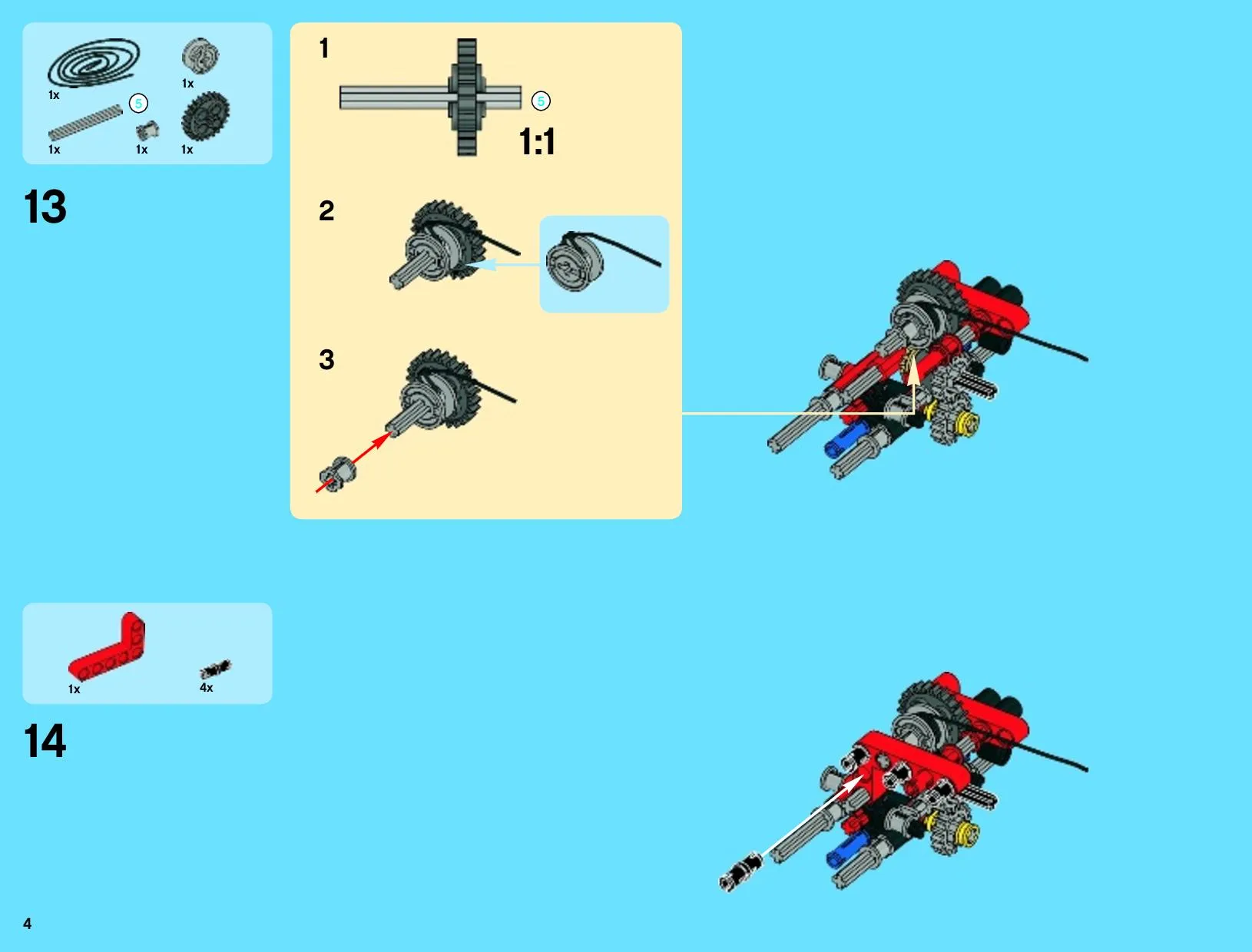Visiting a urology clinic for the primary time can really feel a bit daunting, especially when you’re undecided what to expect. Urologists are specialists who diagnose and treat conditions associated to the urinary tract in each men and women, as well as issues affecting the male reproductive system. Whether or not you are experiencing signs like frequent urination, kidney stones, or reproductive issues, understanding what occurs during your initial appointment can ease anxiousness and enable you feel prepared.
Why You Might Be Referred to a Urologist
Most patients are referred to a urology clinic by their primary care physician. Common reasons for referral include urinary tract infections (UTIs), blood in the urine (hematuria), kidney stones, incontinence, an enlarged prostate, male infertility, erectile dysfunction, and different considerations associated to the urinary or reproductive systems. In case you’re experiencing symptoms like pelvic pain, frequent urination, or difficulty urinating, a urologist can provide specialized care that goes beyond general practice.
What to Carry to Your Appointment
Being prepared is key to making essentially the most of your visit. Deliver any related medical records, a list of current medicines, a summary of your signs, and any questions you could have. When you’ve had current lab tests, imaging scans, or procedures associated to your urinary or reproductive health, carry these outcomes as well. It’s also useful to write down the dates and frequency of any symptoms, comparable to how usually you’re urinating or whenever you first seen blood in your urine.
Initial Evaluation and Medical History
Your first visit will typically start with a comprehensive discussion of your medical history. The urologist will ask about your signs, lifestyle habits, and any related family history. Anticipate questions on your fluid intake, bathroom habits, sexual operate, and general health. This is an effective time to be honest and open—accurate information helps the physician make a proper diagnosis.
Physical Examination
Depending on your signs, the doctor might perform a physical exam. For men, this could embody a prostate exam. For women, the exam could contain checking the pelvic region. The physical exam is generally brief but provides vital clues about potential underlying issues.
Diagnostic Tests
After the initial session and examination, your urologist may recommend tests to higher understand your condition. Common diagnostic tools embody:
Urinalysis: A urine test to detect infection, blood, or different abnormalities.
Ultrasound or CT scans: Imaging tests to visualize the kidneys, bladder, or prostate.
Uroflowmetry: Measures how fast and the way much you urinate.
Cystoscopy: A small camera is inserted into the bladder through the urethra for a direct view of the urinary tract.
Blood tests: Can assist detect kidney perform or prostate health.
Not all these tests are performed on the first visit. Your urologist will decide what’s vital based mostly in your symptoms.
Dialogue of Treatment Options
Once the analysis is full, your urologist will clarify the findings and recommend a treatment plan. This could contain lifestyle adjustments, medicines, additional testing, and even minor surgical procedures depending in your condition. You’ll have the opportunity to ask questions and focus on options in detail. Urologists usually take a collaborative approach, working with you to search out essentially the most suitable solution.
Observe-Up and Next Steps
Earlier than leaving, you’ll likely schedule a follow-up visit. This may be to evaluate test outcomes, assess the effectiveness of treatment, or plan further intervention. Clear communication is essential—do not hesitate to ask about any directions or prescriptions you’re given.
Final Suggestions for a Smooth Visit
Arrive early, deliver your ID and insurance information, and be ready to talk openly. The more your doctor knows, the better they will help. A first-time visit to a urology clinic is a proactive step toward managing your health, and you’ll likely find the expertise informative and reassuring.
For those who have any queries with regards to exactly where and also the best way to employ Urology Clinic in Miami, you are able to contact us in our own web-site.
 Would you meet again?
Would you meet again?